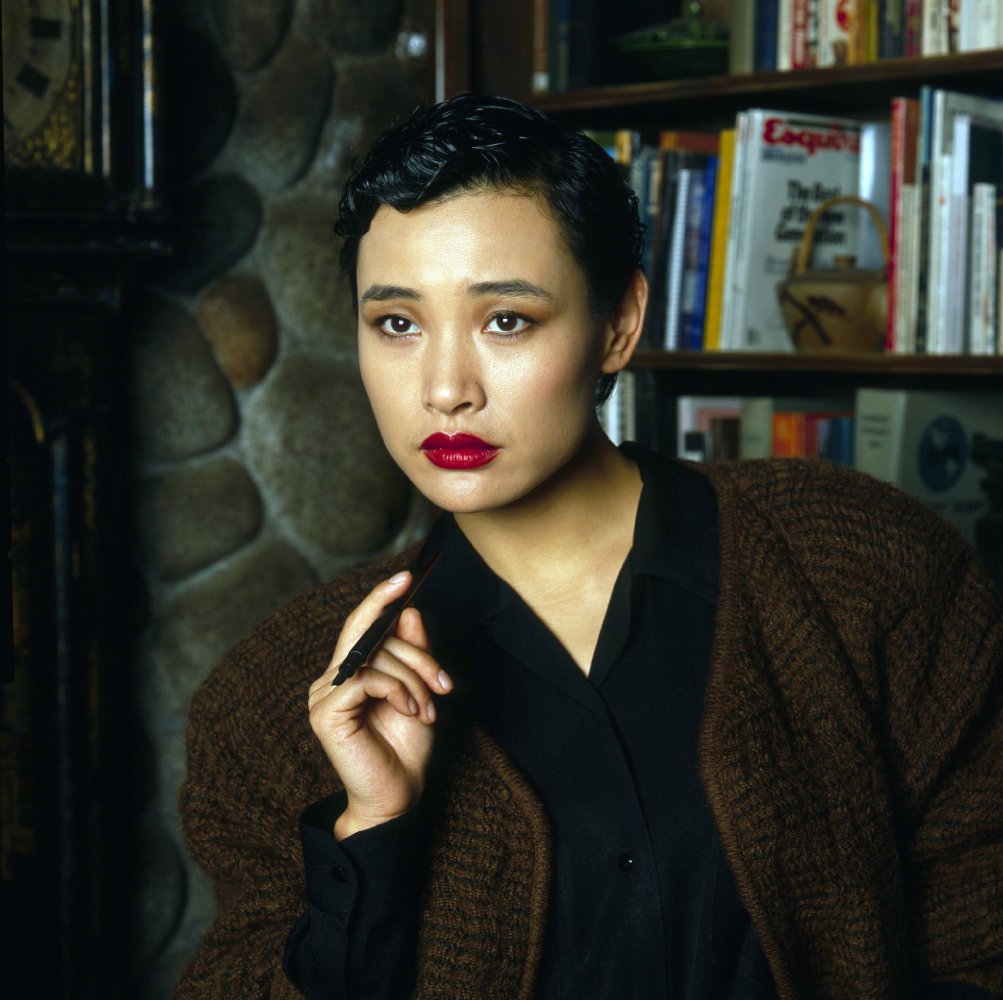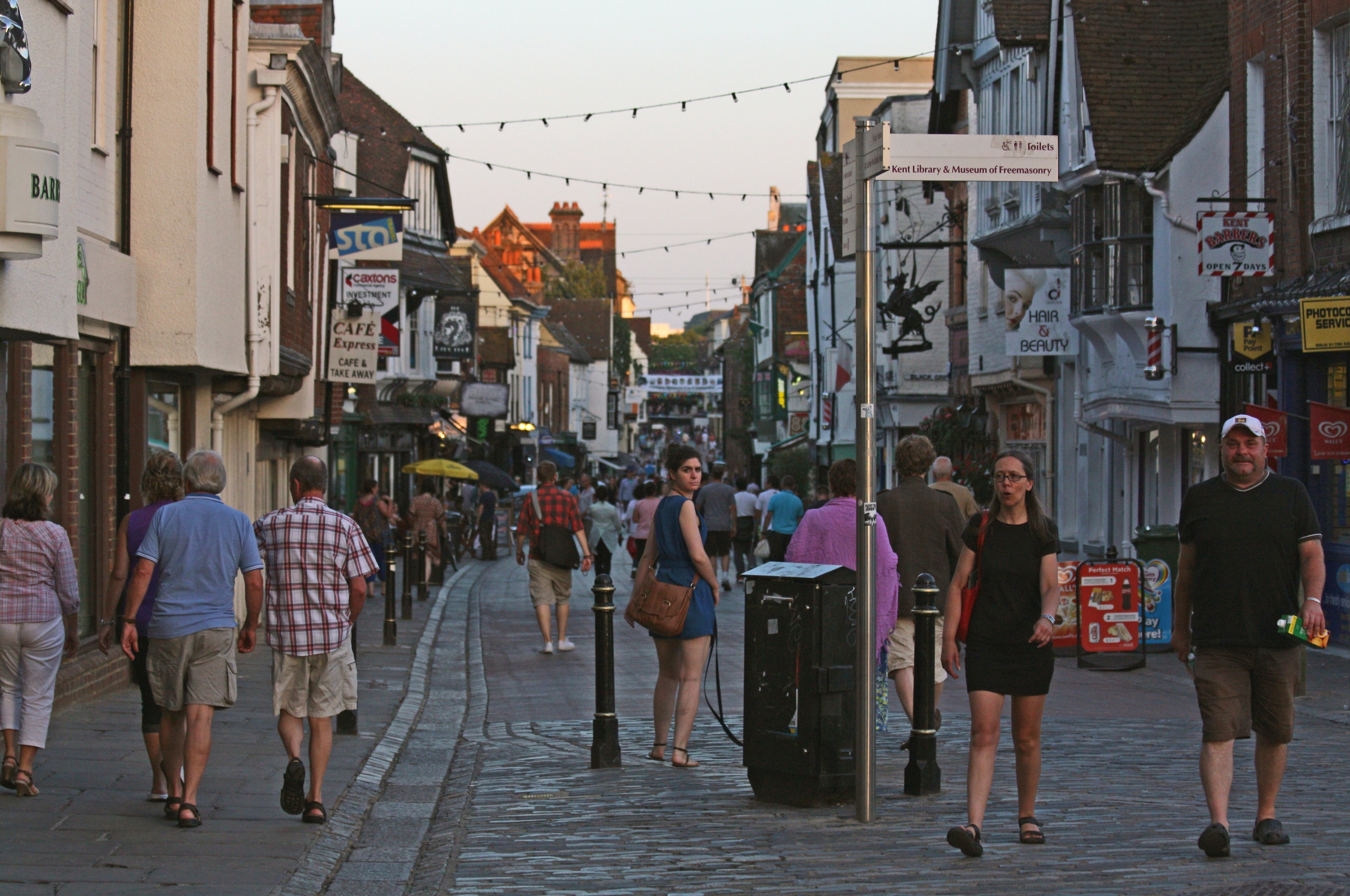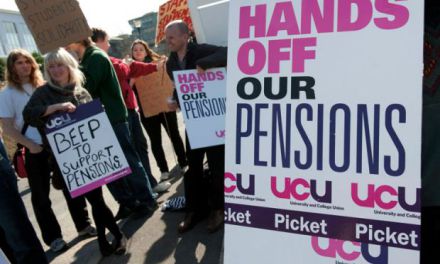
Tokyo Tea Rooms & the Case of Cultural Appropriation
A new nightclub venue going by the name “Tokyo Tea Rooms” has just opened up in Canterbury, causing some controversy online when it posted pictures from its opening night of women in “yellowface” as Japanese geishas. The venue has been targeted as an example of “cultural appropriation”, and the reasoning behind this is understandable. However, this author argues that the Tea Rooms do not necessarily contribute any harm to the actual country of Japan, and therefore questions the severity of the racism present in its cultural appropriation.
It’s easy to argue that Tokyo Tea Rooms is a case of racism, because the historical basis for this has already been laid for us by centuries of colonialism. The fusion of sex and debauchery with “the Orient” is an age-old idea used to justify the forceful “civilizing” of half the world. We see suggestions of this in the entertainment offered by the Tea Rooms: burlesque performances against a Japanese backdrop; the mere fact of it being a nightclub (drunkenness, promiscuity, suspension of everyday conventions of propriety); and most blatantly by the use of women dressed up as geishas (an image of Japanese concubines that has pervaded the Western imagination) to welcome guests.
The idea of the East as mysterious, sexy and debauched is more a projection of Western fantasy than it is historical truth. Various countries in the East already had histories of their own civilizations, some even older than their Western counterparts. In spite of this, the West persisted in portraying the East as a savage playground in order to justify the civilizing mission, which in turn was used to justify the West plundering the East for its resources and manual labour. The fantasy of the East as a place where anything was permitted (thus making it a perfect “backdrop” for a nightclub) is a fantasy with a long history, even in modern culture. Think the sexy, mysterious Josie from Twin Peaks, think the futuristic Japanese yet Asian-less backdrop of the latest Blade Runner 2049 movie.

Images of the East as sexy or alluring can be found everywhere even in the modern day.
However, the idea of the savage East is falsified when we remember that colonizers brought over most of this debauchery themselves. England relentlessly pursued the opium trade in China, at the cost of rising addiction among Chinese citizens. When Allied troops entered Japan, brothels were set up to cater solely to them. In modern times, child sex trafficking is kept at an all-time high in Southeast Asia due to demand by white sex tourists. The marketing, then, of Tokyo Tea Rooms as a unique new nightlife venue with a “Japanese” twist is ironic, because the fantasy is wholly, historically Western.
So, it’s ironic to a person who knows their history, but there’s arguably nothing necessarily wrong about using “Japanese” culture in order to promote a business. Consider Japan as Japan for the moment: it’s one of the most successful countries in the world with a history of its own colonial pursuits and vicious racism against other cultures. It’s one of the largest exporters in the world; millions are enamored by Japanese culture and manufacture, a fact that also boosts its tourism industry every year. As far as cultural appropriation goes, Tokyo Tea Rooms is far from the worst example of it, and Japan far from being the worst victim you could find for it.
Japan is a wealthy, modern country that benefits from its tourism; tourism that is helped by these examples of “cultural appropriation”.
The argument for cultural appropriation suggests that no one should ever be allowed to enjoy cultures outside of their own. At least, not unless they do vigorous study of it first in order to be historically accurate, which surely leaves the exploration of other cultures only to those who have the resources and qualifications to do so. Besides which, as history has also shown, having a qualification does not necessarily equate to understanding.
If we continue arguing for cultural appropriation, we would find offence in a lot of everyday life, from the white chef working tirelessly in the kitchens of Wagamama to the Indian voice picking up the phone when we call for kebab. We must discriminate in the battles we choose to fight, or risk being distracted from the larger picture. At best, Tokyo Tea Rooms is a form of escapism just like all nightclubs are for the student & working population. At worst, it is mainly just in poor taste (at least get rid of the “geishas”). Look at the ever-shifting identity of its own location—from Chill, to Steinbeck & Shaw, and now to Tokyo Tea Rooms, all in the space of a few years. Nightlife businesses thrive on fulfilling a demand for something flashier, newer, never-before-seen, in order to give people an escape for the night. This desire from the people is not in itself guilty of anything.





























Discussions